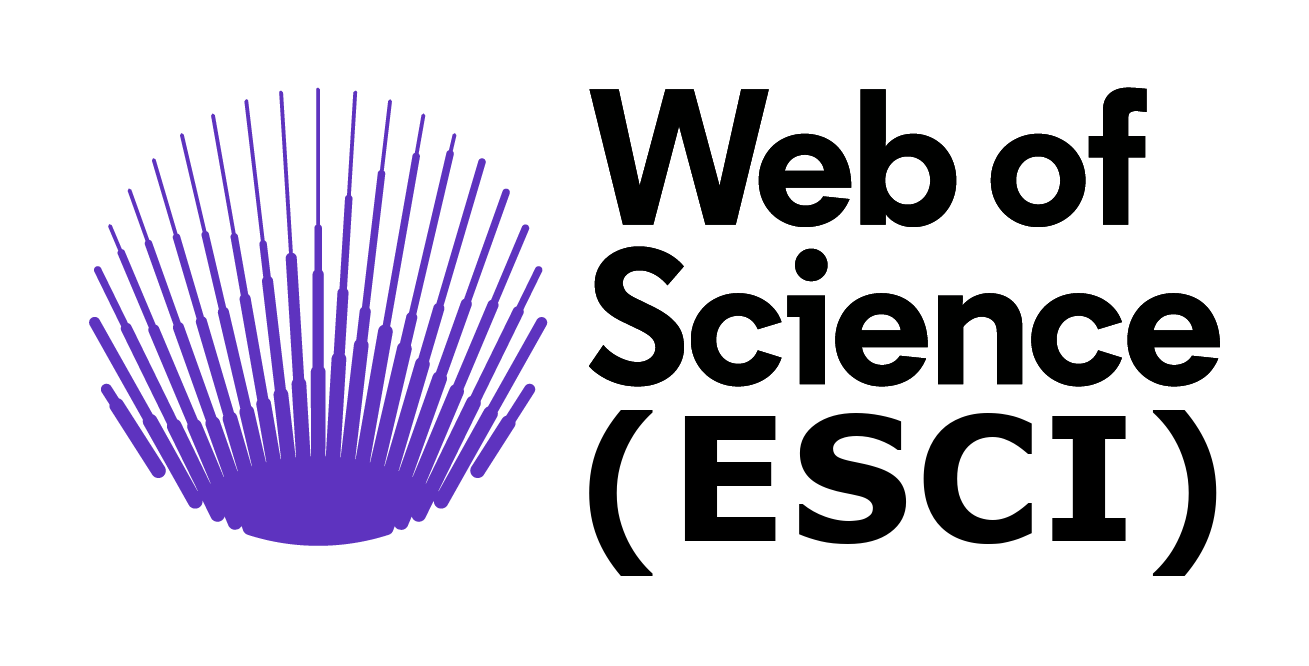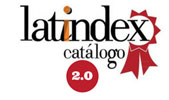Modelling of Learning Styles in Relation to University- level Lectures
DOI:
https://doi.org/10.29019/enfoqueute.v9n4.400Keywords:
Correlation Matrix, Engineering Education, ILS, Learning StylesAbstract
Throughout this paper we seek to demonstrate the practicality of obtaining an approximate model of the relationship between a score that determines the learning styles of a student and the results obtained in a specific University-level lecture. The study considered the voluntary participation of over six hundred students from “Escuela Politécnica Nacional” of Ecuador (EPN). The Index of Learning Styles model was used to establish the various learning styles of the students. The analysis of the results considers the linear correlation and the correlation distance.
Downloads
References
Coffield, F., Moseley, D. H., & Ecclestone, K. (2004). Learning styles and pedagogy in post-16 learning: A systematic and critical review. London: Learning and Skills Research Centre.
Cueva, R., Calderón, J., Salazar , D., & Grijalva , G. (2018). Learning Style Analysis of Engineering and Technology Freshmen. Integrated STEM Education Conference (ISEC), 2018 IEEE, 181-188.
Felder, R., & Linda, S. (1988). Learning and Teaching Styles. Engr. Education, 78(7), 674-681.
Felder, R., & Rebecca, B. (2005a). Understanding Student Differences. Journal of Engineering Education, 94(1), 57-72.
Felder, R., & Spurlin, J. (2005b). Applications, Reliability and Validity of the Index of Learning Styles. International journal of engineering education, 21(1), 103-112.
Hall, E., & Moseley, D. (2005). Is there a role for learning styles in personalised education and training? International Journal of Lifelong Education, 24(3), 243-255.
Hayes, J., & Allinson, C. (1997). Learning styles and training and development in work settings: Lessons from educational research. Educational Psychology, 17(1-2), 185-193.
Litzinger, T., Ha, S., Wise, J. C., & Felder, R. (2007). A psychometric Study of the Index of Learning Styles. Jornal of Engineering Education, 96(4), 309-319.
Sánchez, T., Sandoval , I., Salazar, D., & Sánchez , X. (2018). Mathematical model to estimate the probability to approve given the first grade at the Escuela Politécnica Nacional. 16th LACCEI International Multi-Conference for Engineering, Education and Technology: "Innovation in Education and Inclusion", 19-21.
Published
How to Cite
Issue
Section
License
The articles and research published by the UTE University are carried out under the Open Access regime in electronic format. This means that all content is freely available without charge to the user or his/her institution. Users are allowed to read, download, copy, distribute, print, search, or link to the full texts of the articles, or use them for any other lawful purpose, without asking prior permission from the publisher or the author. This is in accordance with the BOAI definition of open access. By submitting an article to any of the scientific journals of the UTE University, the author or authors accept these conditions.
The UTE applies the Creative Commons Attribution (CC-BY) license to articles in its scientific journals. Under this open access license, as an author you agree that anyone may reuse your article in whole or in part for any purpose, free of charge, including commercial purposes. Anyone can copy, distribute or reuse the content as long as the author and original source are correctly cited. This facilitates freedom of reuse and also ensures that content can be extracted without barriers for research needs.
This work is licensed under a Creative Commons Attribution 3.0 International (CC BY 3.0).
The Enfoque UTE journal guarantees and declares that authors always retain all copyrights and full publishing rights without restrictions [© The Author(s)]. Acknowledgment (BY): Any exploitation of the work is allowed, including a commercial purpose, as well as the creation of derivative works, the distribution of which is also allowed without any restriction.























 Enfoque UTE - Facultad de Ciencias de la Ingeniería e Industrias - Universidad UTE
Enfoque UTE - Facultad de Ciencias de la Ingeniería e Industrias - Universidad UTE